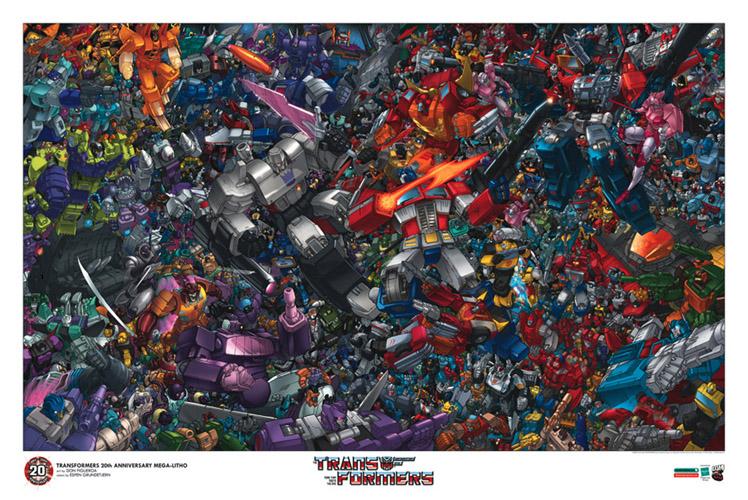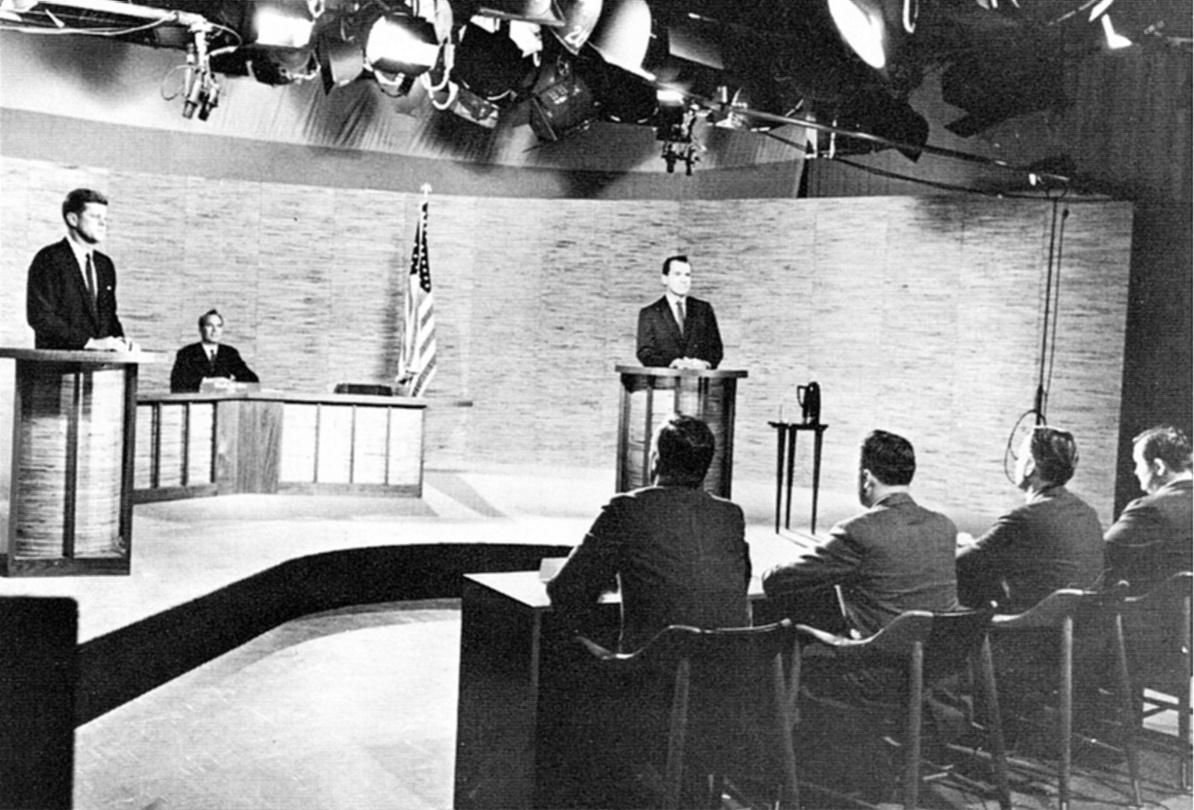Sunday Mornings

I was not at home this weekend, but the first thing I did when I got home was watch two programs that I record weekly on my DVR: This Week with George Stephanopoulos and Meet the Press with Tom Brokaw (Brokaw has taken over temporarily after the sudden death of long-time host Tim Russert). They are phenomenal shows, and when the government needs to talk to the people, it often does it through these two broadcasts. Some people say that the hosts are too partisan – Stephanopoulos was a high-ranking adviser to Bill Clinton and Brokaw has shown some liberal leanings during his career – but I think they both do a good job of being neutral and usually ask the questions that I want to have answered. Though Meet the Press is really the more prestigious show, I tend to like This Week better, because of the roundtable analysis portion. I’m a big fan of George Will, who’s a regular at the roundtable, and Stephanopoulos does a great job of mediating the discussion between Will and a rotating cast of other analysts. Meet the Press tends to get higher profile guests, but often they forgo their roundtable analysis segment.

This morning, Treasury Secretary Henry Paulson appeared on both shows to talk about the current financial crisis. If you get a chance, watch the interview of Paulson on This Week, and the ensuing roundtable discussion – it’s the best reality TV there is. You can also watch Paulson’s Meet the Press interview.
September 21, 2008 No Comments
The Transformers Travesty
I’m writing this post now because Shia LaBeouf of Transformers fame has been in the news for flipping his car a few times and possibly having to get his finger amputated. Apparently this is going to cause delays in filming Transformers: Revenge Of The Fallen, due out in 2009. But this isn’t nearly the worst thing that has happened to the Transformers franchise. I digress…

As a kid growing up in the 1980s I mainly watched three cartoons: G.I. Joe, He-Man, and Transformers. G.I. Joe and He-Man were cool, but because I was somewhat of a nerd child Transformers definitely had the most appeal to me. Their toys were the best, because it was like getting several in one. For example, you could get a bulldozer that would transform into a robot, and if you got the set of five “Constructicons”, you could then put them together to form an even bigger super-robot, Devastator. Transformers actually had an intricate backstory too – not quite reaching Star Wars level but enough to produce 98 animated television episodes, an 80-issue comic book series from Marvel, and a 1986 animated feature film. And I ate all of that stuff up. I didn’t have any G.I. Joe toys, He-Man figures, or Thundercats – it was all Transformers for me.
Over the last decade or so, while it seemed like every cartoon character ever created was being made into a movie, I patiently waited for Transformers to get its turn. So when I heard several years back that there was a movie in the works, I was absolutely ecstatic. I waited patiently to hear who would be the team chosen to bring these characters back to life on the big screen. When Steven Spielberg was announced as the executive producer, I and all Transformers fans of my generation rejoiced, believing that the story we embraced as children would be treated seriously. We hoped Spielberg would direct, and we waited patiently for the announcement. And then, on that fateful day in 2005 the director was announced – it was Michael Bay. Nooooooo!
This was the guy that directed The Rock, Armageddon, and Pearl Harbor, which might have been the three cheesiest films in the history of moviemaking. I mean, just look at his picture. How could a guy that looks like that make a movie that’s not a complete cheesefest? I tried to tell myself that it would be okay, that it would be different this time, that he had changed and would treat the Transformers story with respect and dignity. I tempered my expectations, and I didn’t even go see it on opening weekend. And when I finally did watch it, my worst fears were realized. It was terrible.
But even though the latest Transformers movie may have disappointed old fans, it still made a whopping $706.5 million worldwide and I’m sure the sequel will do well too. It’s just a shame that garbage like this gets rewarded at the box office.
August 10, 2008 2 Comments
An Alternative to the Presidential Debate

John F. Kennedy and Richard Nixon debate in 1960. Source: Wikipedia.
Traditionally, the televised U.S. Presidential Debates involve two or more candidates answering questions proposed or relayed by one or more debate moderators. The questions can be highly subjective since they are usually written or chosen by the network, and the quality of the debate depends heavily on the skills of the moderator and the selection of questions. The candidates’ responses are usually well-rehearsed beforehand, and it is easy for a candidate to rattle off his or her position on an issue, and why it is superior to the opponent’s position. Also it is quite easy for a candidate to dodge the question, or just give a well-rehearsed answer to a different question. But oftentimes, in order to make the debate more interesting, the moderator(s) will try to trap the candidate into contradicting him or her self. The moderator will ask the candidate a question, and then compare the response to a soundbite that the candidate might have given weeks, months, or years beforehand. This puts a candidate in the uncomfortable position of trying to defend a past statement without looking like a “flip-flopper.” This may appear to be interesting television for some, but it is hardly a constructive process for educating the American voter on who would make the best President.
Therefore, I propose (perhaps not originally) an alternative to the conventional debate, which I first heard described by New York Times columnist David Brooks on NBC’s Meet the Press on April 20, 2008. Mr. Brooks proposed a format where the candidates would be presented with some issue, and have to work out a solution in front of an audience. I’ll try to describe one such example in more detail. In the debate alternative, each candidate would be presented with what is essentially a hypothetical case study. The candidates would be told days in advance that the case study will involve, for example, a foreign policy crisis. The candidate will then be able to assemble a small staff of 3-4 advisors of their choosing. At the event, the candidate will be presented with a detailed description of the case. For example, the candidates might be told that nuclear weapons in North Korea have suddenly been made operational and are pointed toward South Korea and Japan. The candidate will work with their advisors for 20-30 minutes and discuss a measured response to the scenario. The discussions in each camp will be broadcast live and the viewer will be able to hear how the candidates lead the discussion with their teams and what questions they ask, both to their advisors and to the moderators that can provide more detail about the scenario. The voter will learn about the candidate’s temperament, his/her skills in leading a constructive discussion, and will get a more realistic illustration of how the candidate might react to an actual crisis.
Not only does this debate alternative produce more relevant information for a potential voter analyzing who would make the best President, but I argue that it would produce more entertaining television, and improve declining debate ratings. Consider, for example, the television show “The Apprentice”, which in its first incarnation was a ratings juggernaut. The show captivated viewers by putting business professionals and MBA students into real-life situations. Similarly, putting presidential candidates into more realistic situations would make for great entertainment and higher ratings, with the added benefit of serving as a better indicator of presidential ability.
If you would like to see this or another alternative to the traditional presidential debate for the upcoming election and future elections, please comment and share this article with others.
August 3, 2008 No Comments